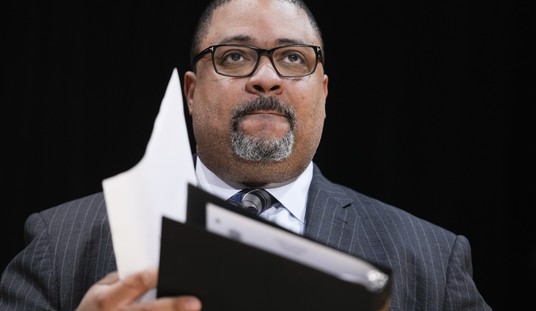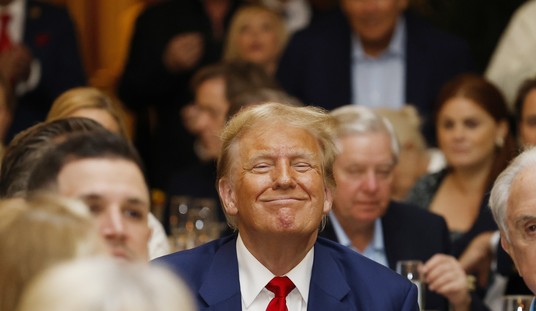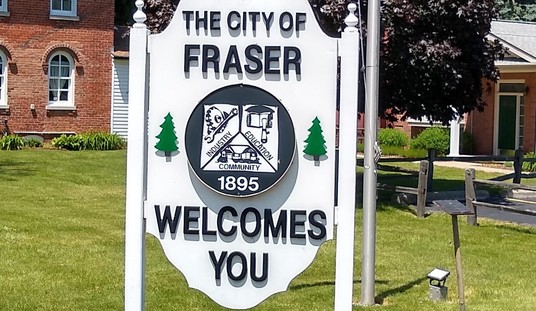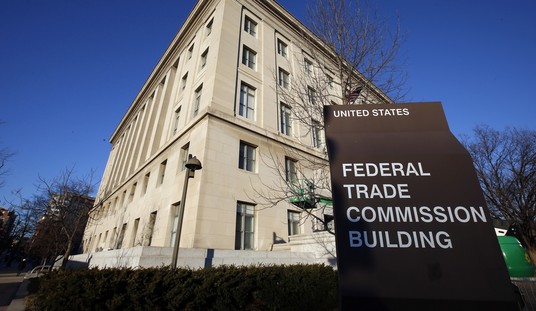The 2018 midterm elections are six months away, and campaign season is in full swing.
On Tuesday, May 8, four states will hold primaries. Obviously, the GOP candidates eager to be on the general ballots come November hope that voters choose them over their Republican opponents.
It’s always expected that politicians will talk up what they will do once in Washington. It remains to be seen whether these promises will translate from the campaign trail into reality, though. Many a promise has been made before elected office that never sees the light of day.
But just how closely are candidates aligning themselves with the nation’s polarizing president and leader of the party?
The primaries on Tuesday are in areas that President Trump won against second-place loser, Hillary Clinton, in 2016. That record would lead these D.C. hopefuls to believe that they must stay in close proximity to the president, and also sing his praises, in order to secure their own victory.
So far, this seems to be the go-to strategy.
The Associated Press reports, emphasis mine:
In Ohio, Republicans are certain to nominate someone more conservative than outgoing GOP Gov. John Kasich, a 2016 presidential candidate, moderate and frequent Trump critic. Even Kasich’s former running mate, Lt. Gov. Mary Taylor, has pledged to unwind some of Kasich’s centrist policies, including the expansion of the Medicaid government insurance program following Democrats’ 2010 health insurance overhaul.
North Carolina Republicans will weigh in on the fate of Republican Rep. Robert Pittenger, facing a primary challenger who almost upset him two years ago. Pittenger features Trump prominently in his campaign. Challenger Mark Harris, a prominent Charlotte pastor, has tried to turn the table, saying Pittenger is a creature of Washington who refuses to help Trump “drain that swamp.”
Indiana Senate candidates are trying to appeal to Trump voters by adopting the president’s harsh immigration rhetoric and penchant for personal insults. The candidates have even channeled Trump by assigning derisive nicknames to one another: “Lyin’” Todd Rokita, Luke “Missing” Messer and “Tax Hike” Mike Braun.
According to Real Clear Politics, President Trump’s job approval rating stands at 44.4% overall. Gallup measures his approval among Republicans at 89% and among independents at 35%. Naturally, adopting a pro-Trump campaign platform would make sense when going up against fellow Republicans. The candidates who are less inclined to be obvious in their Trump support will have a tough time come Tuesday, and beyond.
But this may not bode as well as they hope in the lead-up to November.
Once the primary winners face off against their Democratic opponents on the campaign trail, such vocal support for President Trump has a good chance of completely pushing away a fair amount of undecided and independent voters.
Let’s face it, America. We live in an incredibly divisive time. Announcing support for the party in power, and for the president, is enough to get branded a racist, sexist, and the like. There’s almost no getting around this reaction, especially when it comes from those on the other side of the aisle.
While I take issue with a significant portion of the president’s behavior and question the uncritical support that he receives, it is unfair to label Republican voters – overall – as racist and sexist. I know many who supported Trump on election day. Some did so reluctantly while others did so with great enthusiasm. (I also know Hillary Clinton fans and Bernie Sanders followers.) They are still good and decent people. We may disagree often, but these family members and friends are not the racist, sexist creatures that many on the Left claim them to be.
However, the stigma remains.
Unless they are one of the few to know them on a personal level, voters only know these D.C. hopefuls based on what they portray in public. If GOP candidates use President Trump as one of their main talking points and do so in a completely positive manner, undecideds may remove them as an alternative to their Democratic challenger.
Will glowing support of the president help or hurt Republican candidates in this crucial midterm election year? That is the question.
With nearly two years of Donald Trump’s presidency complete, some are left frustrated and ready for a change. However, with control of Congress hanging in the balance, some may do what voters did on November 8, 2016: hold their nose and reluctantly cast a vote in favor of Republicans, and all they represent.
The views expressed here are those of the author and do not represent those of any other individual or entity. Follow Kimberly Ross on Twitter: @southernkeeks.













Join the conversation as a VIP Member